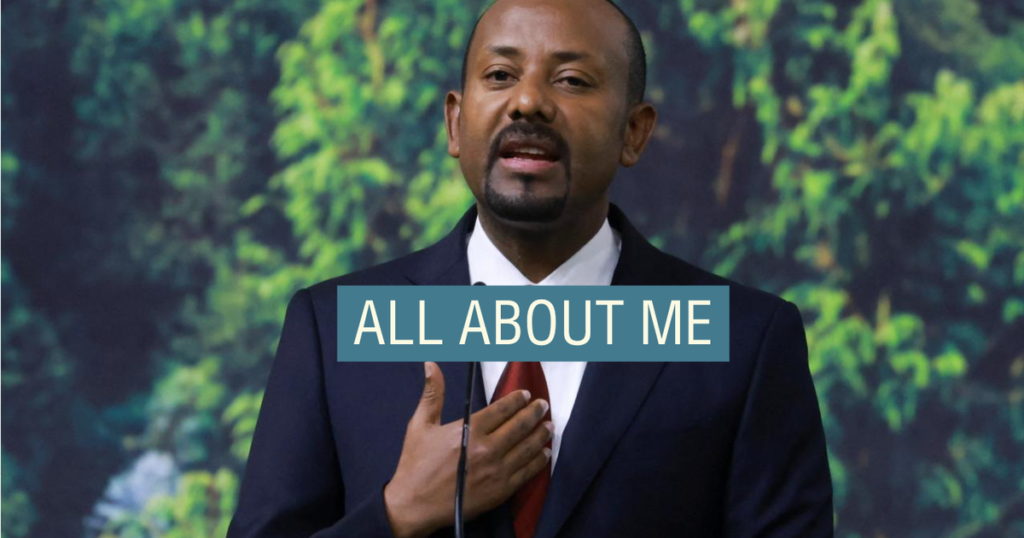[
Ethiopia’s Abiy Ahmed: An Enigmatic and Controversial Leader
Ethiopia’s Prime Minister, Abiy Ahmed, has become one of the most intriguing figures in contemporary African politics. Described as part preacher, part spy, part nationalist, and part modernizer, Abiy defies easy categorization. He has been hailed as an iconic African leader in the multipolar age, blending influences from various cultures and traditions.
Despite his enigmatic nature, foreign journalists have found it challenging to gain access to Abiy. Instead, many have relied on interviews with individuals who have known and worked with him to piece together a portrait of the man. In recent years, Ethiopia has undergone significant changes since Abiy came to power in 2018.
The country has experienced a rise in violence and instability, resulting in a weakened state that was once considered one of the strongest in Africa. Abiy’s winning of the Nobel Peace Prize in 2019 for his efforts in bringing peace with neighboring Eritrea was met with mixed reactions. Some argue that the prize emboldened him to take a more confrontational approach with his political opponents, ultimately leading to further conflict.
Ethiopia’s relationships with its neighboring countries have also shifted dramatically under Abiy’s leadership. Previously viewed as a status quo actor with warm relations, Ethiopia is now seen as a revisionist power seeking to redraw borders. Abiy’s personal relationships with other leaders in the region have eroded, leading to distrust and a long road to rebuilding trust.
Looking to the future, Ethiopia’s economy may see further liberalization under Abiy’s leadership, with potential moves towards privatization and opening up to foreign competition. However, challenges such as instability and corruption continue to plague the economy. With ongoing conflicts and political unrest, the Abiy era has been described as the most tumultuous in recent Ethiopian history.
Religion plays a crucial role in Ethiopia’s political landscape, with Abiy’s Pentecostal Christian faith shaping his worldview and political project. Seen as a religious figure in his rhetoric and beliefs, Abiy views himself as a prophetic leader sent by God to guide Ethiopia towards prosperity and unity.
In conclusion, Abiy Ahmed’s leadership in Ethiopia has been marked by complexity, controversy, and unpredictability. As the country navigates through ongoing challenges, the future remains uncertain, and the impact of Abiy’s legacy continues to unfold.
